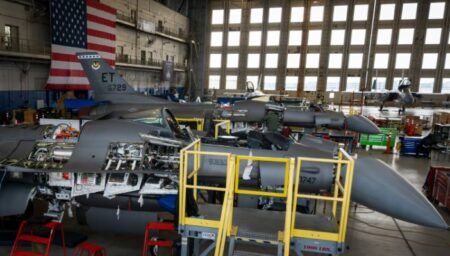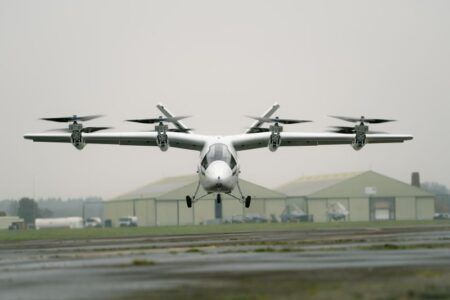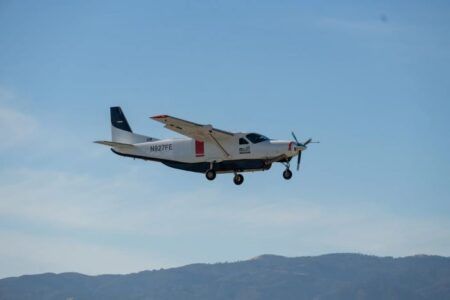Airbus has opted to use Orolia’s automatic Ultima-DT transmitters in all of its new aircraft to meet the latest requirements of ICAO.
The single source, multi-year program contract wlll see the Emergency Locator Transmitter, Distress Tracker (ELT-DT) used on the A220, A320 family, A330 and A350.
ELT-DTs were developed in response to aviation safety mandates to enhance global aircraft tracking, following the MH370 and AF447 accidents.
As per the ICAO Global Aeronautical Distress and Safety Systems (GADSS) recommendation and European Union mandate, all new aircraft delivered from January 2023 must be able to autonomously report their location anywhere in the world and determine the end of flight location to help rescue teams rapidly locate the aircraft and recover flight recorders.
Unlike traditional automatic fixed ELTs which are stand-alone units, the Ultima-DT is tightly connected to the avionics system. It activates upon detection of a potential distress condition and starts transmitting automatically while the aircraft is still in flight.
The ELT autonomously acquires the aircraft’s location and sends a 406 MHz message in real time, including the accurate location, to the Cospas-Sarsat distress alert organization.
Orolia CEO Jean-Yves Courtois said, “We are proud to be selected by Airbus to provide the world’s first aircraft manufacturer compliance with the latest safety regulations. A single-source, multi-year program selection for the delivery of mandatory equipment is a testimonial to the reliability of Orolia as a critical equipment manufacturer, and our know-how in terms of large and complex program management.”
Orolia’s Ultima-DT will be installed on a standard basis on all Airbus commercial aircraft programs. The first units will be delivered to Airbus for final assembly line installation in 2022, so that aircraft delivered from January 2023 meet the autonomous distress tracking requirements.
The Ultima-DT also allows operators to fully comply with the latest EASA/FAA safety requirements applying to non-rechargeable lithium battery powered equipment. As part of its efforts to support airlines in their regulatory compliance projects.
This equipment is part of a project that has received funding from the European GNSS Agency under the European Union’s Horizon 2020 research and innovation program.





